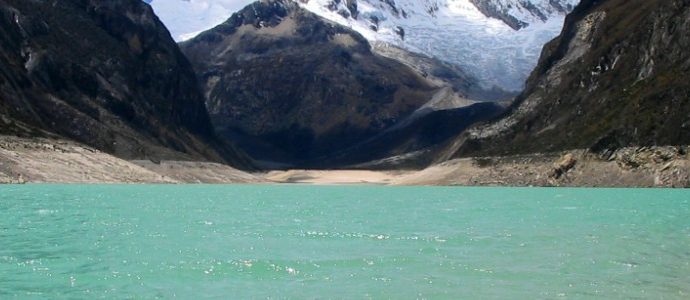Peru Turns to Ancient Indigenous Technology to Avoid a Water Crisis
Peru is looking at using ancient indigenous water management techniques to keep water flowing to its residents as climate change causes the local climate to become increasingly arid. The 1,400-year-old nature-based practice makes use of a combination of man-made canals and the natural flow of groundwater to transport and retainread more
